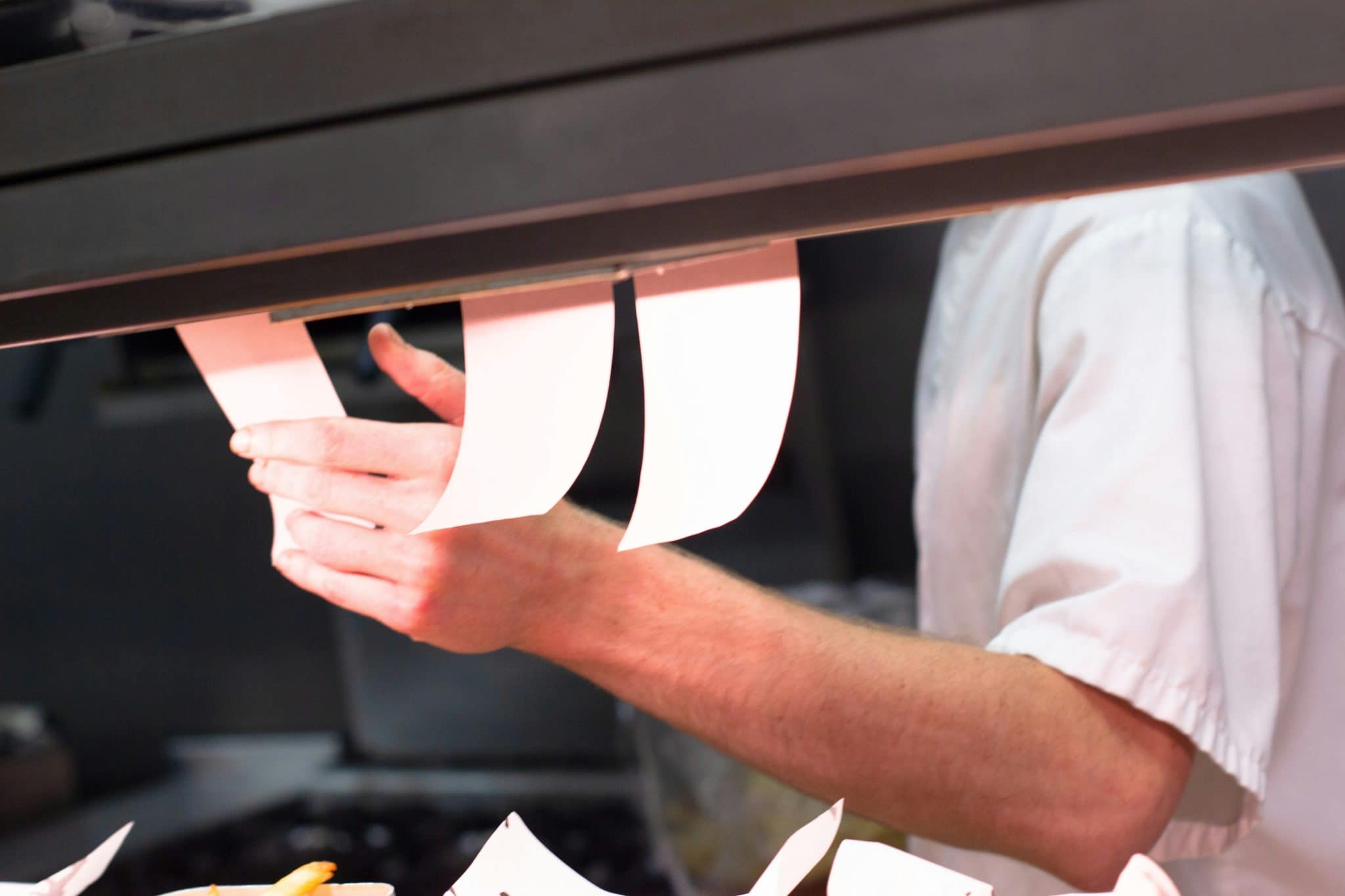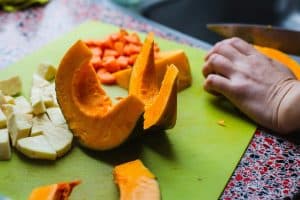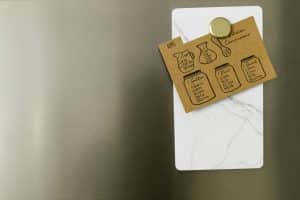Kitchen Accident Prevention: Safety Measures Every Cook Should Know
Welcome to the kitchen – a place where delicious meals are created and memories are made. However, amidst the hustle and bustle of preparing a tasty dish, accidents can occur in the blink of an eye. As a cook, it is important to prioritize safety in the kitchen to prevent any mishaps. In this article, we will discuss some essential safety measures that every cook should know to avoid kitchen accidents. By following these tips, you can ensure that your time in the kitchen is not only enjoyable, but also safe.
The Importance of Kitchen Accident Prevention
According to the Centers for Disease Control and Prevention (CDC), approximately 1 in 6 Americans gets sick from foodborne illnesses each year. This highlights the need for proper safety measures in the kitchen. In addition, kitchen accidents such as burns, cuts, and slips can also occur if precautions are not taken. By implementing preventative measures, you can reduce the risk of these accidents and maintain a safe environment in your kitchen.
1. Practice Good Hygiene
One of the most important steps in kitchen safety is maintaining good hygiene. Always wash your hands with soap and water before handling food and after handling raw meat, poultry, or fish. This will help prevent the spread of bacteria and viruses onto your food. Additionally, make sure to clean and sanitize kitchen surfaces, utensils, and cutting boards after each use.
2. Use the Right Tools and Equipment
Using the correct tools and equipment in the kitchen can also help prevent accidents. For example, when handling hot pots and pans, always use oven mitts or potholders to protect your hands. When using knives, make sure they are sharp as dull knives can cause slips and accidents. Additionally, using a cutting board with a non-slip surface can prevent the board from sliding while chopping ingredients.
3. Watch Out for Fire Hazards
Kitchen fires are a common occurrence and can cause serious damage. To prevent fires, always keep a fire extinguisher in the kitchen and make sure to know how to use it properly. When cooking, never leave the stove unattended and keep flammable items such as dish towels and paper towels away from the stove. If a grease fire occurs, turn off the heat and cover the pan with a lid to smother the flames. Do not try to extinguish it with water as this can cause the fire to spread.
4. Handle Knives and Hot Objects with Care
Knives are an essential tool in the kitchen, but they can also be dangerous if not handled properly. Always hold knives by the handle and use a cutting board to prevent any accidents. When using hot objects such as pots and pans, always use oven mitts and make sure to turn off the stove when you are finished cooking. Additionally, make sure to store knives and other sharp objects in a safe place, out of reach of children.
5. Wear the Right Clothing
Loose or baggy clothing can be hazardous in the kitchen as they can easily catch fire or get caught on sharp objects. Make sure to wear well-fitted clothing when cooking to avoid any accidents. If you have long hair, tie it back to prevent it from getting caught on utensils or in the flames of a stove.
6. Clean Up Spills Immediately
Slips and falls are a major cause of kitchen accidents. To prevent this, make sure to clean up spills immediately to avoid any slips. If something spills on the floor, dry it up with a towel or mop before continuing your cooking tasks. In addition, make sure to keep the floor clean and free of any clutter to avoid tripping.
7. Educate Yourself and Others
One of the best ways to prevent kitchen accidents is to educate yourself and others about proper kitchen safety. Make sure to read and follow the instructions on food labels and appliances. Teach children about the dangers of the kitchen and how to handle certain tools and equipment. By educating yourself and others, you can prevent accidents from occurring.
The Bottom Line
Kitchen accidents can happen to anyone, but by following these safety measures and using common sense, you can prevent them from occurring. Remember to always practice good hygiene, use the right tools and equipment, watch out for fire hazards, handle knives and hot objects with care, wear the right clothing, clean up spills immediately, and educate yourself and others about kitchen safety. By prioritizing safety in the kitchen, you can ensure that your cooking experience is not only enjoyable, but also safe for everyone involved.










